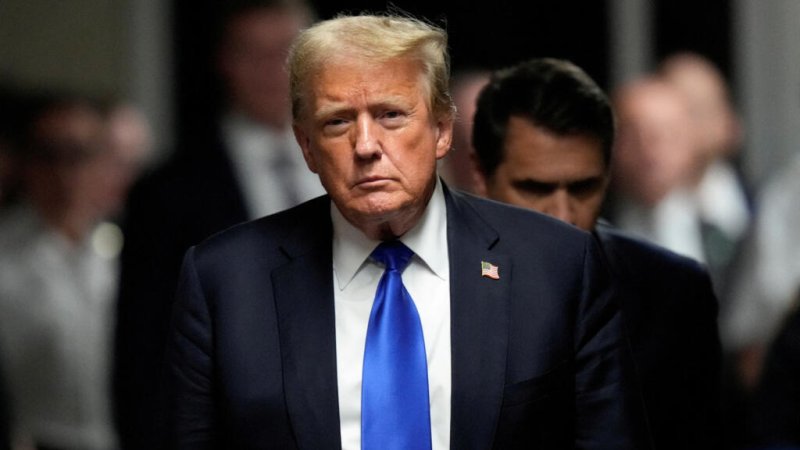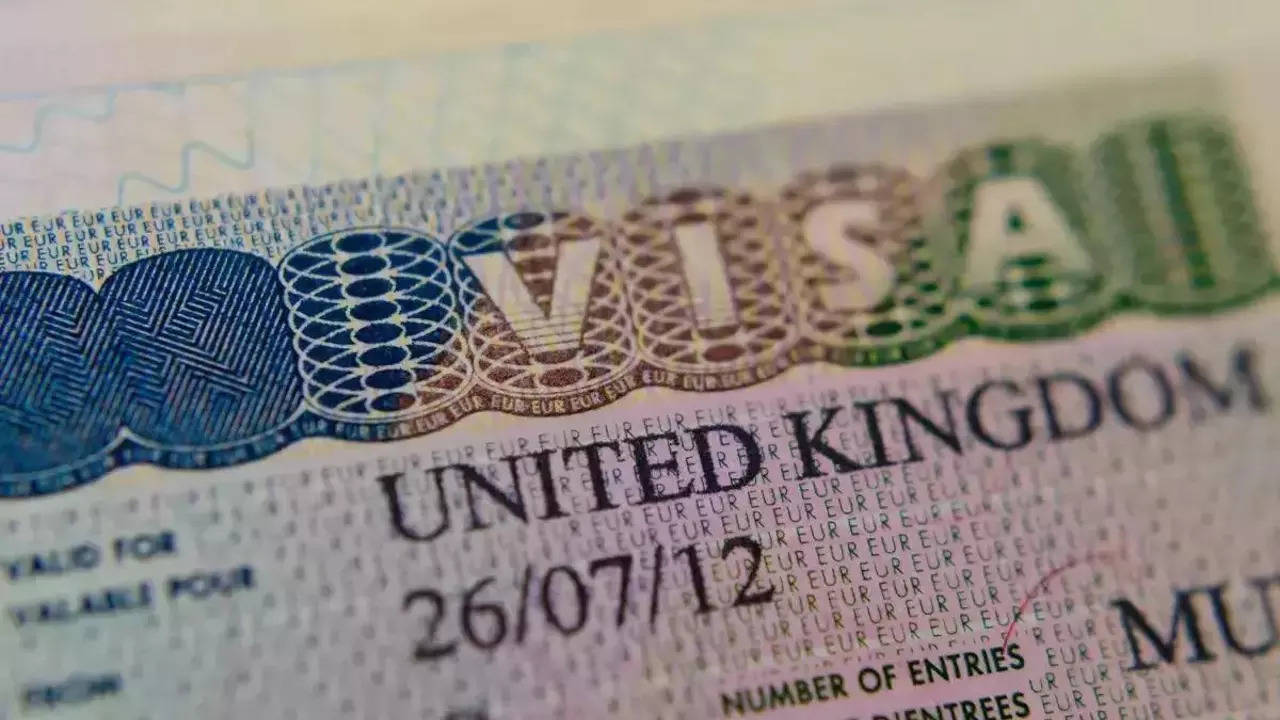Trump Has Some Immunity from Prosecution, Supreme Court Rules

In a landmark decision that has reverberated across the political and legal landscape, the Supreme Court recently declared that Trump has some immunity from prosecution. This ruling, which has drawn widespread scrutiny and debate, marks a pivotal moment in the ongoing saga of legal challenges faced by the former President.
The Supreme Court’s Ruling
The Supreme Court’s decision underscores a nuanced interpretation of presidential immunity. According to the ruling, former President Donald Trump enjoys certain legal protections that shield him from prosecution in specific contexts. This immunity is not absolute, but it does establish a significant precedent concerning the scope of legal accountability for a sitting or former president.
The crux of the matter centers on whether actions taken by Trump while in office, which are now the subject of legal scrutiny, fall within the ambit of presidential duties and therefore receive constitutional protection. The Court’s decision to grant Trump some immunity from prosecution has elicited a spectrum of reactions from both legal scholars and political commentators.
Historical Context
To fully grasp the implications of this ruling, it is essential to consider the historical context of presidential immunity. The doctrine of immunity for a sitting president has its roots in the early days of American jurisprudence, where the Founding Fathers sought to ensure that the President could perform their duties without undue interference from legal challenges.
Historically, the principle of executive immunity has shielded presidents from criminal prosecution for actions undertaken in the scope of their official duties. However, this immunity has never been absolute. The current Supreme Court ruling reinforces this historical precedent while delineating the boundaries of such immunity.
Implications for the Legal System
The Supreme Court’s determination that Trump has some immunity from prosecution introduces several key implications for the legal system. First, it delineates the parameters within which a former president can be held accountable for actions taken while in office. This ruling effectively narrows the scope of legal recourse available to prosecutors and plaintiffs seeking to challenge a former president’s conduct.
Moreover, the decision raises important questions about the balance between presidential immunity and the rule of law. The ruling suggests that while a president may be shielded from certain legal consequences, this immunity does not extend to all possible actions, particularly those that fall outside the scope of official duties.
Political Repercussions
The ruling has profound political repercussions, both for the current political climate and future presidential administrations. For Trump, the decision represents a partial victory, as it provides a measure of legal protection. However, it also means that any actions taken outside the realm of presidential duties remain susceptible to legal scrutiny.
The political landscape is now poised for renewed debate over the limits of executive power and accountability. Critics argue that the ruling could embolden future presidents to act with impunity, while supporters contend that it reinforces necessary safeguards to preserve the executive branch’s functionality.
Public Reaction
Public reaction to the Supreme Court’s decision has been polarized. Supporters of Trump view the ruling as a validation of his actions and a safeguard against what they perceive as politically motivated prosecutions. Conversely, detractors argue that the decision undermines the principle of accountability and could set a troubling precedent for future administrations.
The media has also been abuzz with analyses and interpretations of the ruling. Pundits and legal experts have weighed in on the potential ramifications, offering divergent views on how the decision might influence the trajectory of legal and political developments.
The Path Forward
As the dust settles from the Supreme Court’s ruling, the path forward remains uncertain. The decision provides a framework for understanding presidential immunity but leaves many questions unanswered. Future legal challenges and political developments will likely test the boundaries established by this ruling and shape the ongoing discourse surrounding executive accountability.
Legal scholars and practitioners will closely monitor how the ruling is applied in practice, particularly in cases involving other high-profile figures and contentious legal issues. The interplay between presidential immunity and legal accountability will continue to be a focal point of discussion and analysis.
Conclusion
The Supreme Court’s decision that Trump has some immunity from prosecution marks a significant moment in American legal and political history. It reaffirms the principle of presidential immunity while delineating its limits. As the implications of this ruling unfold, it will undoubtedly influence the legal landscape and provoke ongoing debate about the balance between executive power and accountability.





